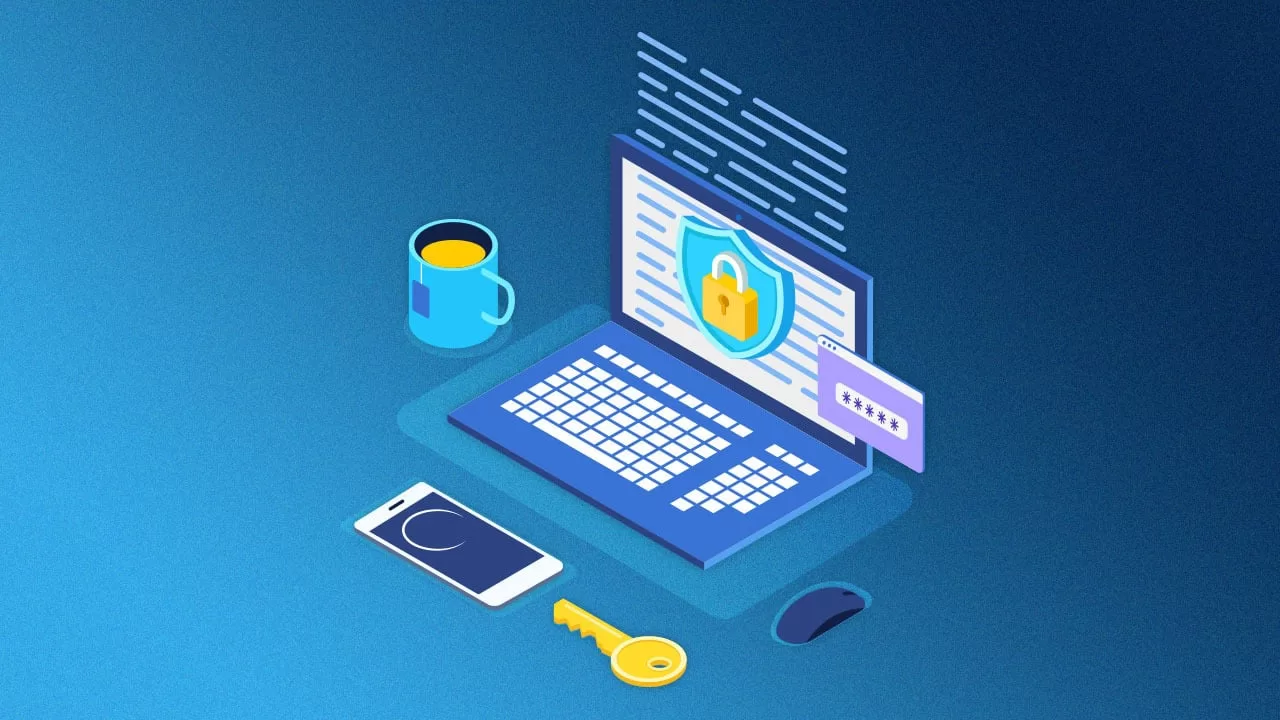Securing our online privacy and security has become crucial in a world where information is easily shared, and connectivity is dominant. A thorough awareness of the always-changing risks and the means to defend yourself is necessary to navigate the wide spaces of cyberspace. Our online presence requires a strong defense, just as a castle needs a solid base. In this article, you will learn how to maintain data privacy and security.

Strong Passwords and Two Factor Authentication
Using a strong password is one of the primary measures to maintain digital privacy. Choose a password that combines uppercase and lowercase letters, digits, and special characters to avoid using obvious or simple-to-guess passwords. Additionally, activate two-factor authentication to safeguard your accounts.
Regular Software Updates
It’s essential to update your operating system, programs, and security software often. Patches and fixes for known vulnerabilities are frequently included in updates, lowering the possibility of hacker exploitation. Enable automatic updates to ensure you’re always using the most recent, secure versions.
Beware of Phishing Attempts
Cybercriminals frequently employ phishing to deceive people into disclosing sensitive information. Be wary of strange emails, texts, or websites asking for login or personal information. verify the sender’s legitimacy, verify URLs twice, and avoid clicking on shady sites. If in doubt, contact the company immediately through reputable methods to confirm the communication’s authenticity.
Secure WiFi Networks
Be careful while logging onto public Wi-Fi networks. Hackers may be able to spy on your internet activity when using public networks. Avoid using public WiFi to access critical information like banking or personal accounts. Moreover, you may secure your online activity by connecting to encrypted and trusted WiFi networks, and services like What is My IP can help you examine and hide your digital trace by giving you important details about your device’s public IP address.
Limit Information Sharing
Take care while sharing information online, especially on social networking sites. Avoid oversharing personal information that online fraudsters might use to pass as you or access your accounts without authorization. Review and modify your privacy settings frequently to limit who may see your information.
Conclusion
Protecting your privacy and security is crucial in an increasingly digital environment. Following five crucial best practices may considerably improve your digital privacy and security. Keep in mind that the key to keeping a safe and secure online presence is to remain aware and educated about new risks. Accept these precautions, and you may profit from the advantages of the digital era in peace.



